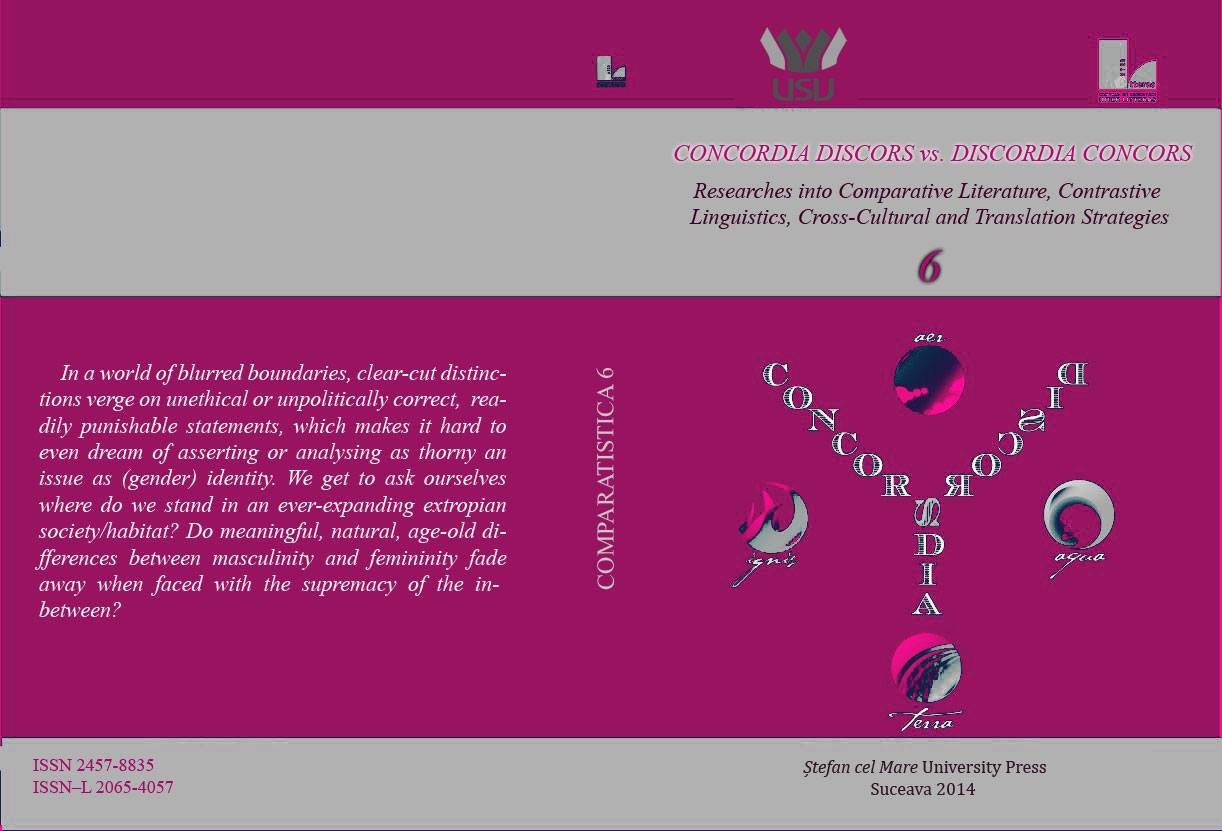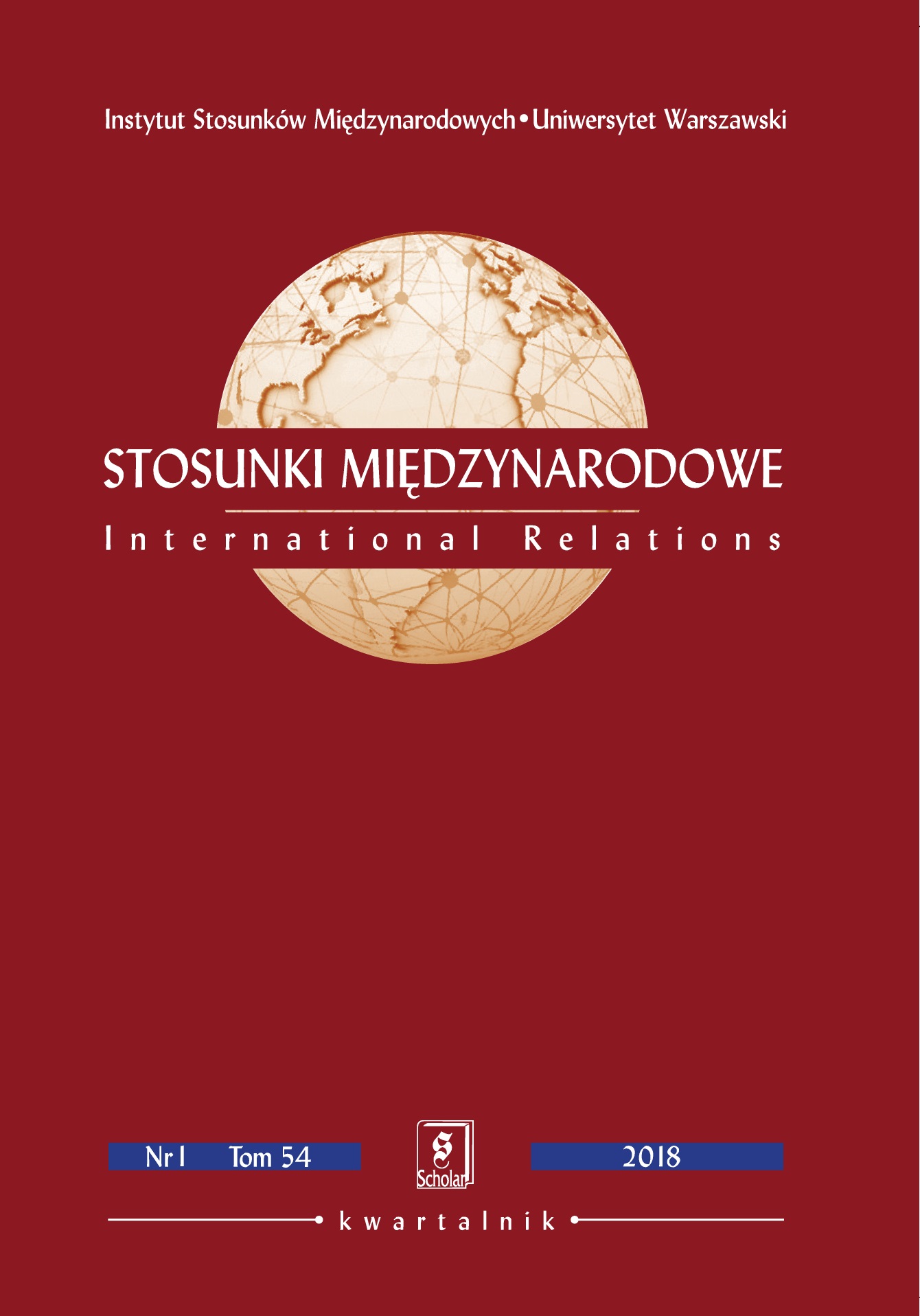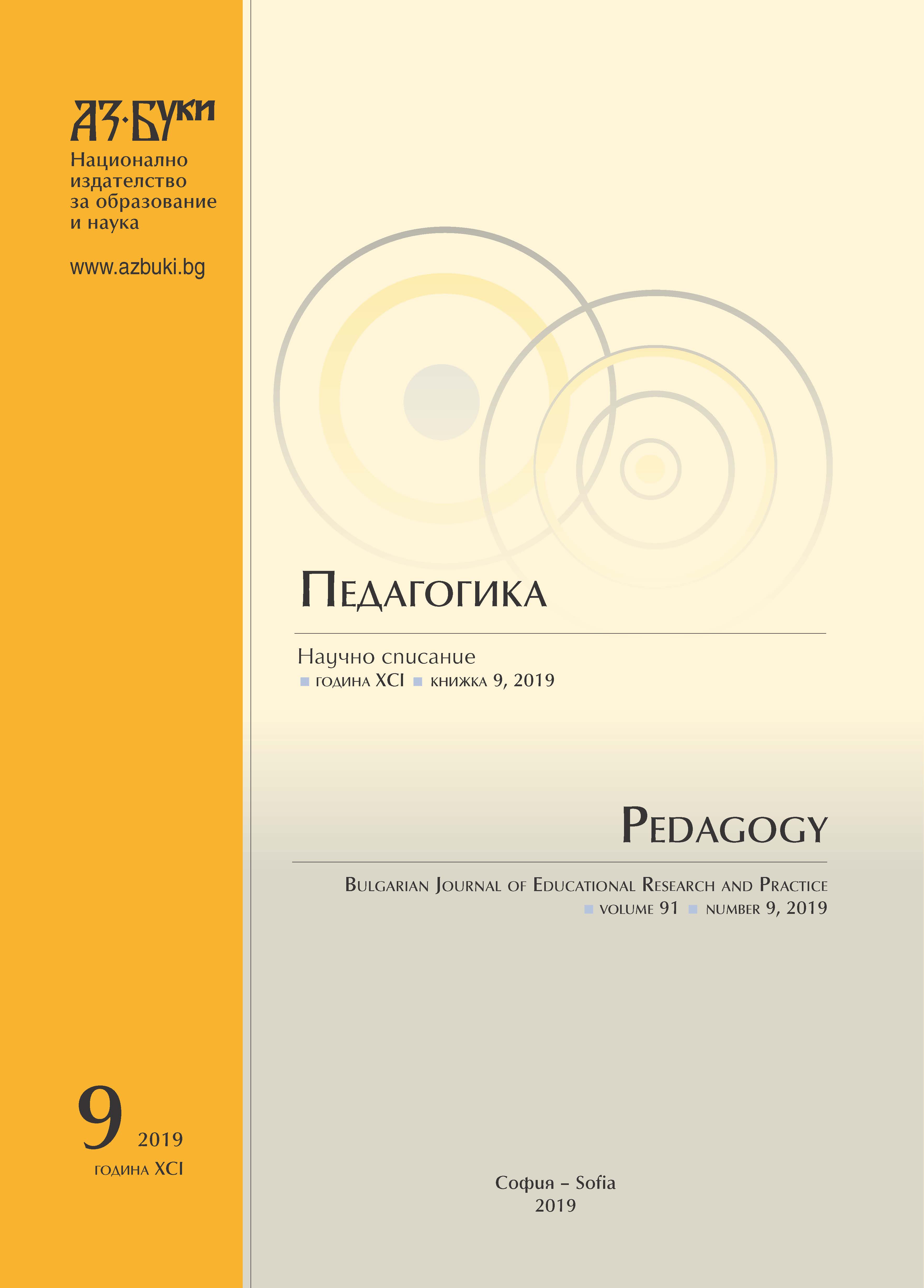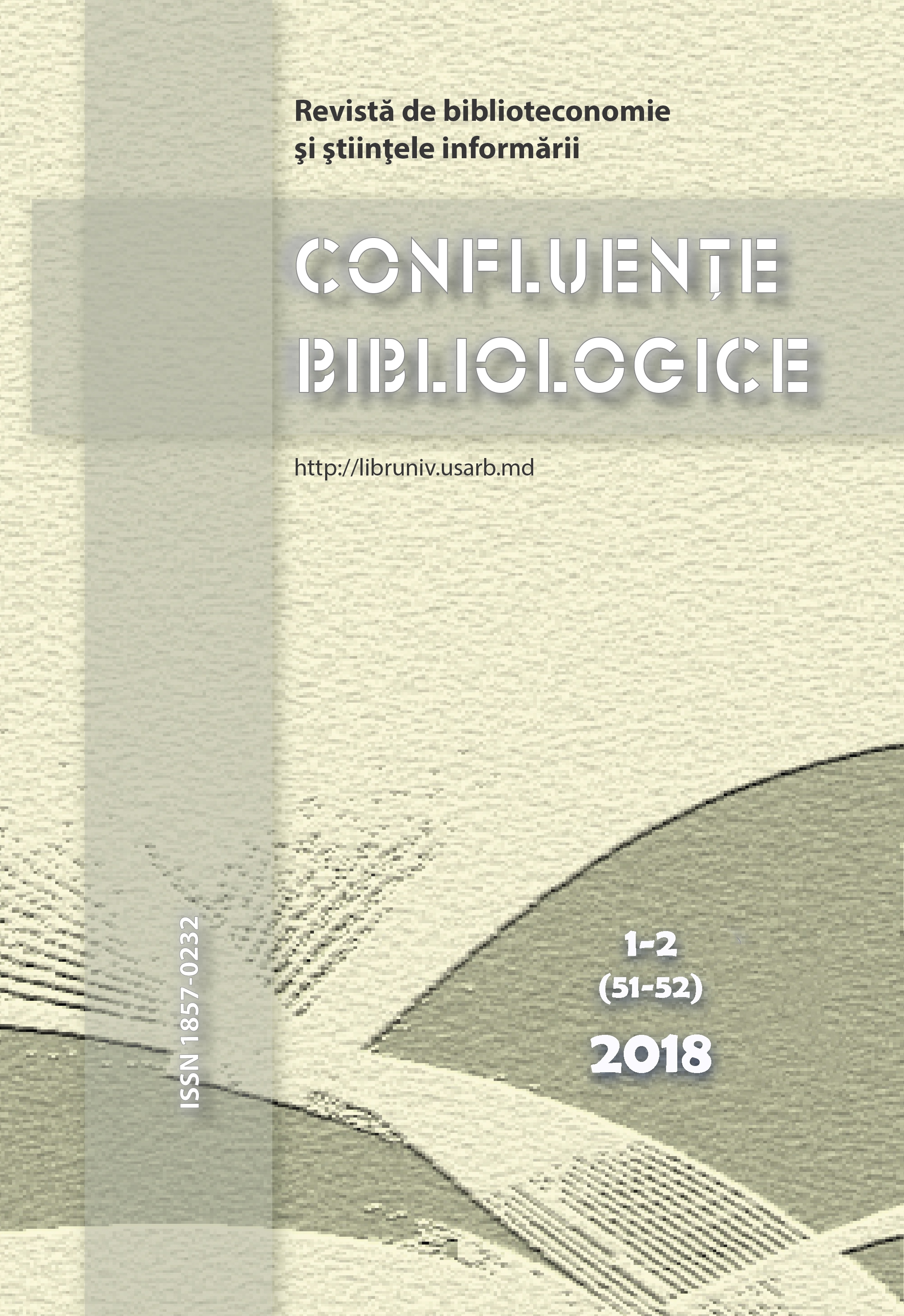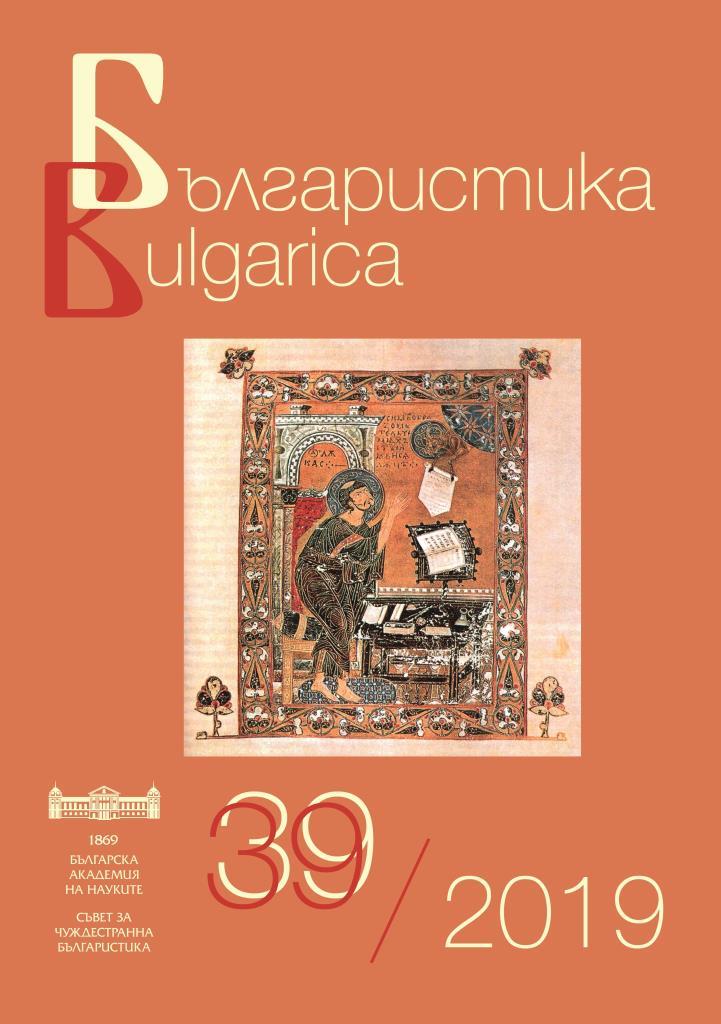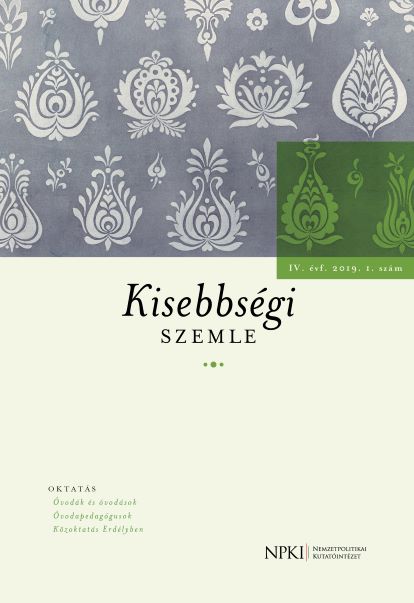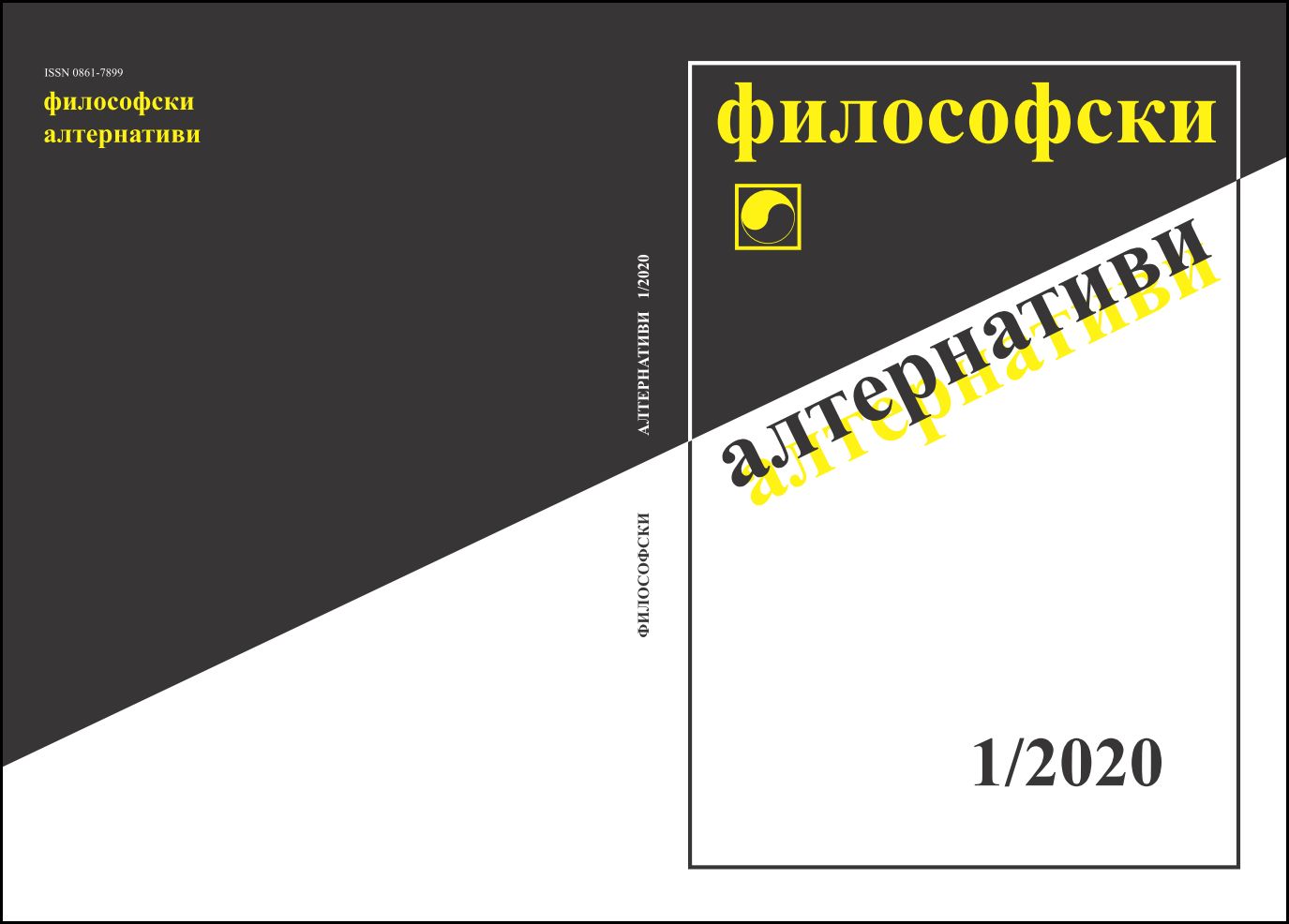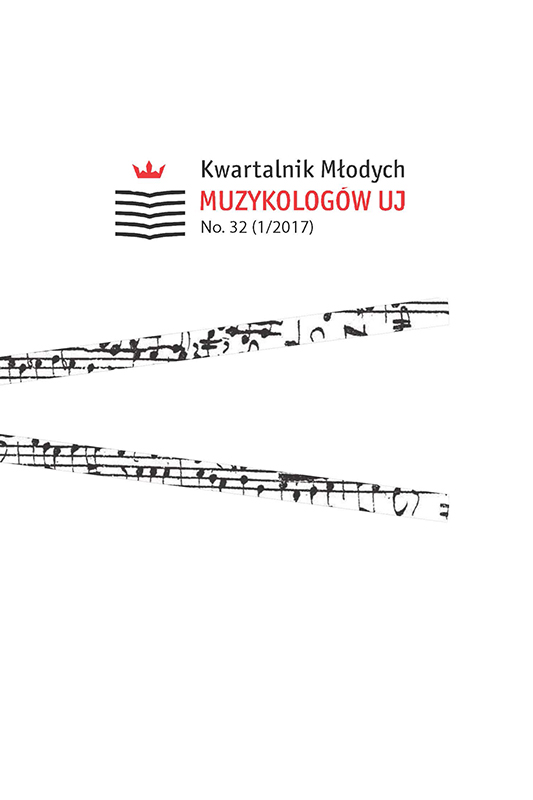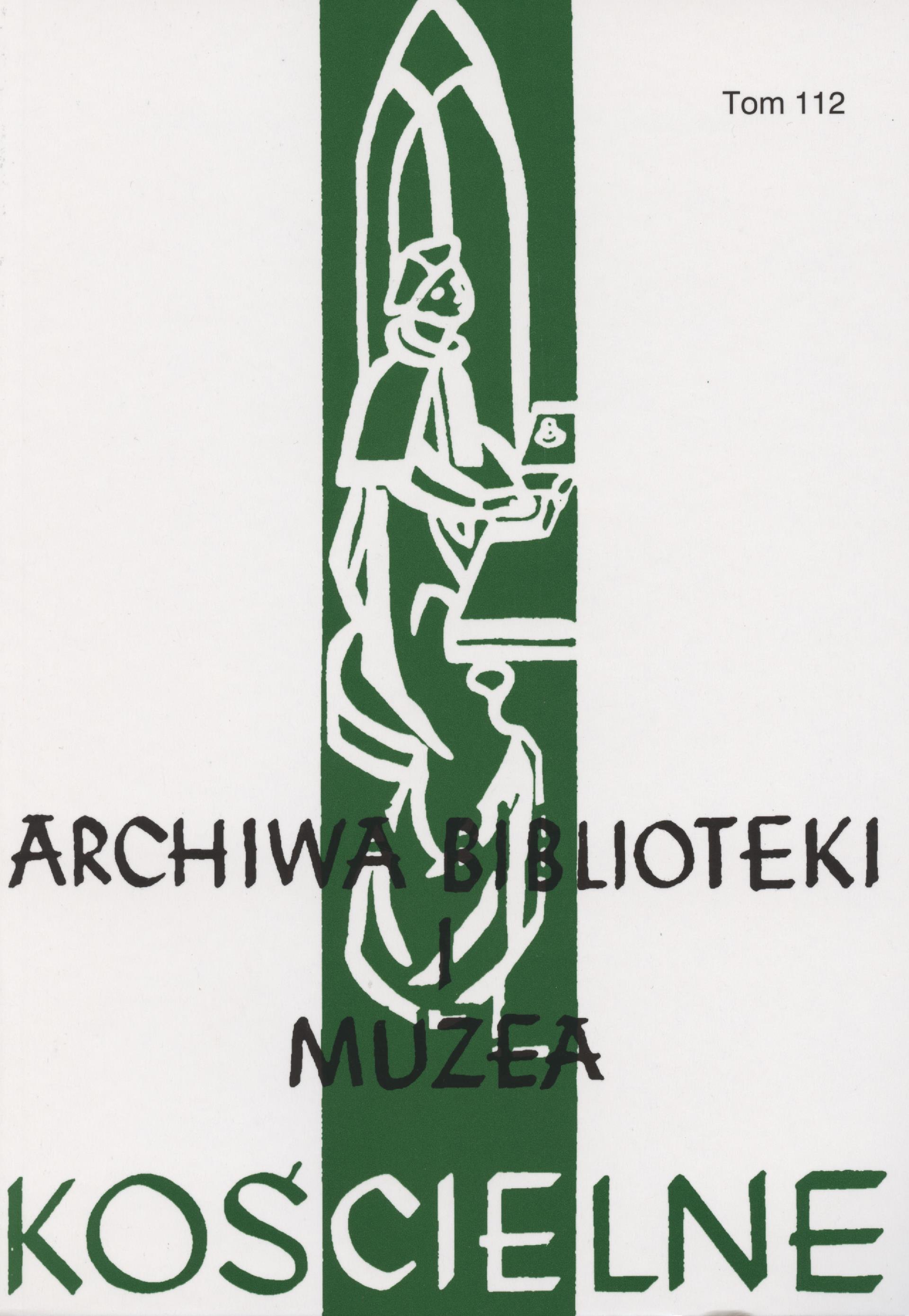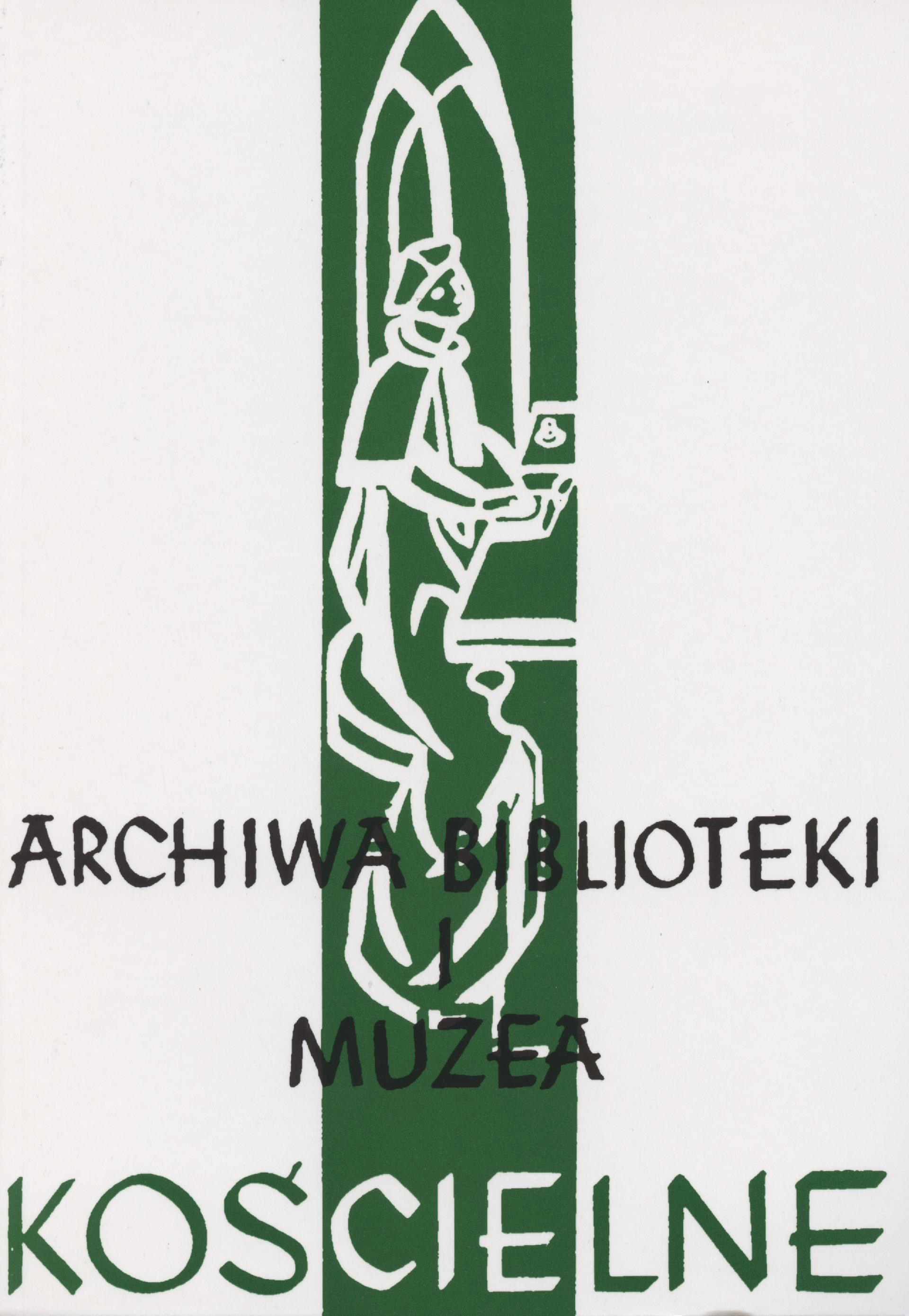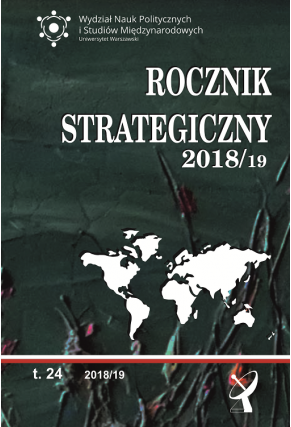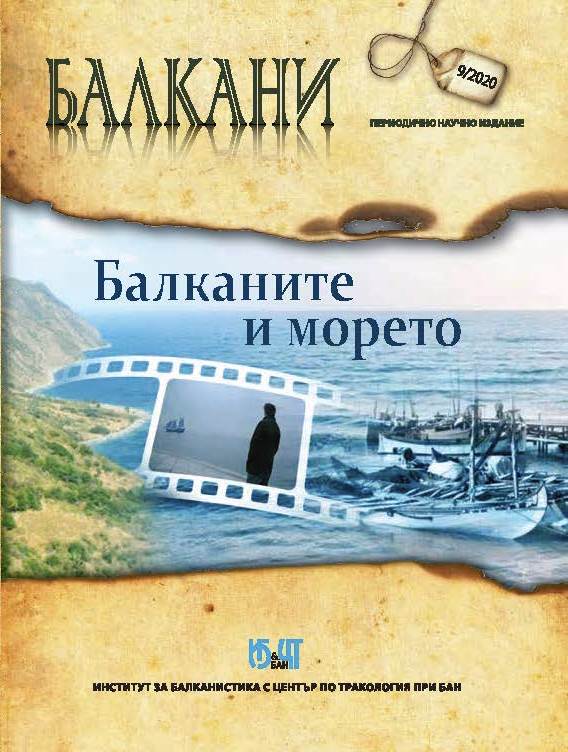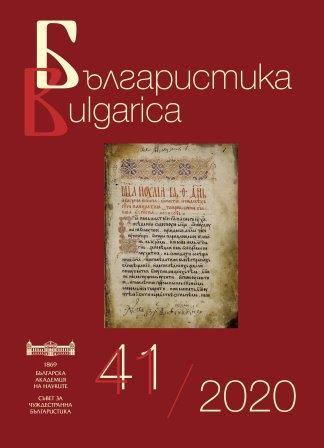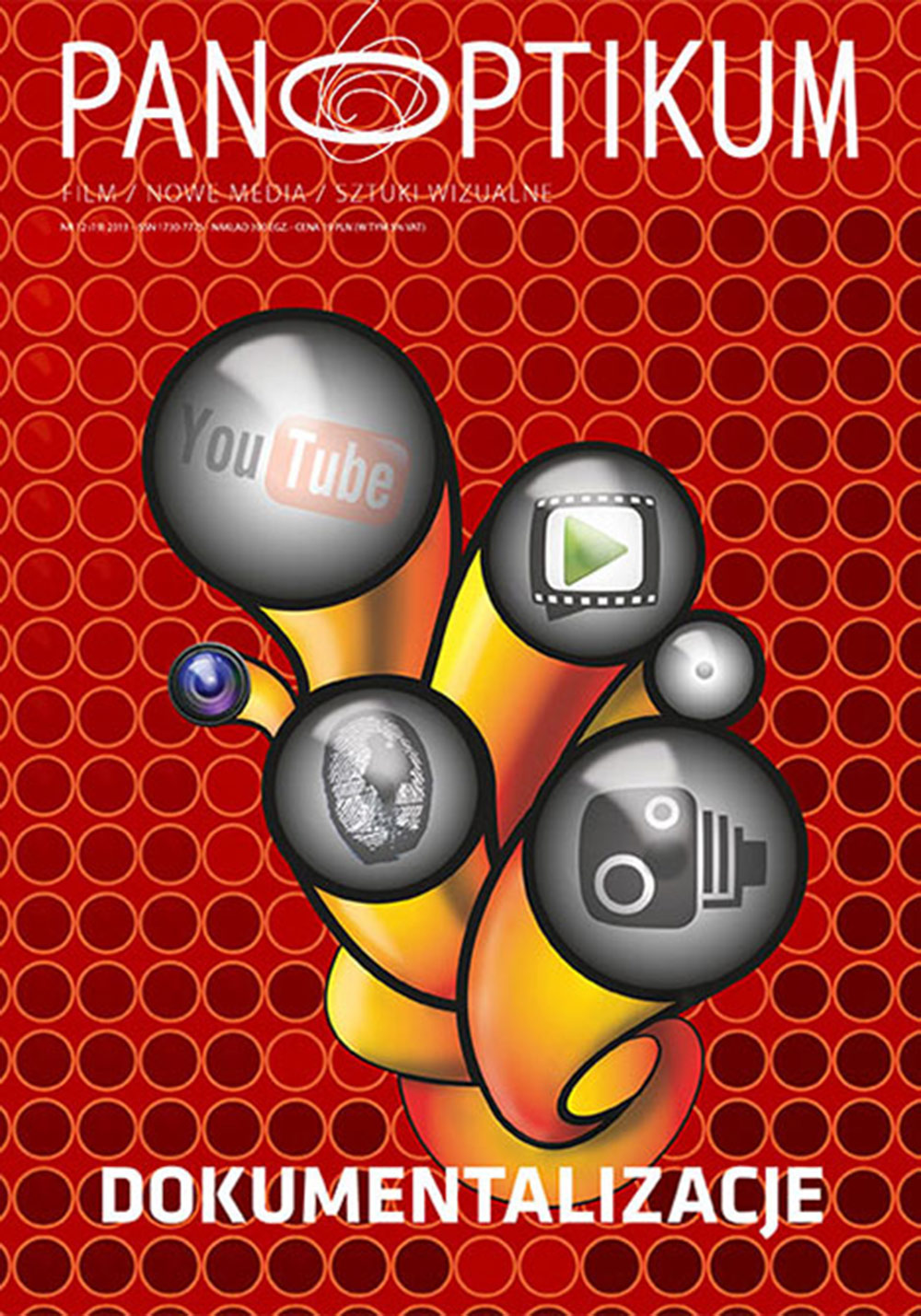
Metody dokumentalne w filmie. Recenzja książki
Jakkolwiek dobrze rozumiany obowiązek wymaga od badacza zdefiniowania obiektu swojego zainteresowania, skomplikowany przypadek filmu dokumentalnego zdaje się zniechęcać do tego rodzaju działań. Tym bardziej godna uznania jest skrupulatność, z jaką podjął się zadania Mirosław Przylipiak w Poetyce kina dokumentalnego. W pierwszym rozdziale swojej książki ten uznany autor, po dokonaniu krytycznej oceny istniejących już definicji, opracował nową propozycję. Pozwolę sobie przytoczyć ją w całości, żeby zobrazować poziom skomplikowania problemu: Film dokumentalny to taki autonomiczny, istniejący jako osobna całość przekaz audiowizualny, który prezentuje wycinek świata kompletnego, w którym znaczenia nominalne są tożsame ze źródłowymi, w którym istnieje dystans czasowy między momentem rejestracji a momentem odbioru, gdzie zostaje zachowana indeksalna wierność odtworzenia czasu i przestrzeni w ramach ujęcia. W którym realizatorzy nie ingerują w rzeczywistość przed kamerą albo ingerują i fakt tej ingerencji czynią elementem strukturalnym filmu, albo też ingerują w tym celu, aby przywrócić taki stan tej rzeczywistości, jaki istniał przed pojawieniem się ekipy filmowej, lub też aby wyzwolić prawdę zachowań osób filmowanych, który naśladuje w swojej strukturze konwencjonalne sposoby właściwego człowiekowi podporządkowania rzeczywistości, w którym funkcja autoteliczna względem warsztatu lub tworzywa filmowego, o ile istnieje, nie może przytłumić i zdominować funkcji przedmiotowej.
More...
